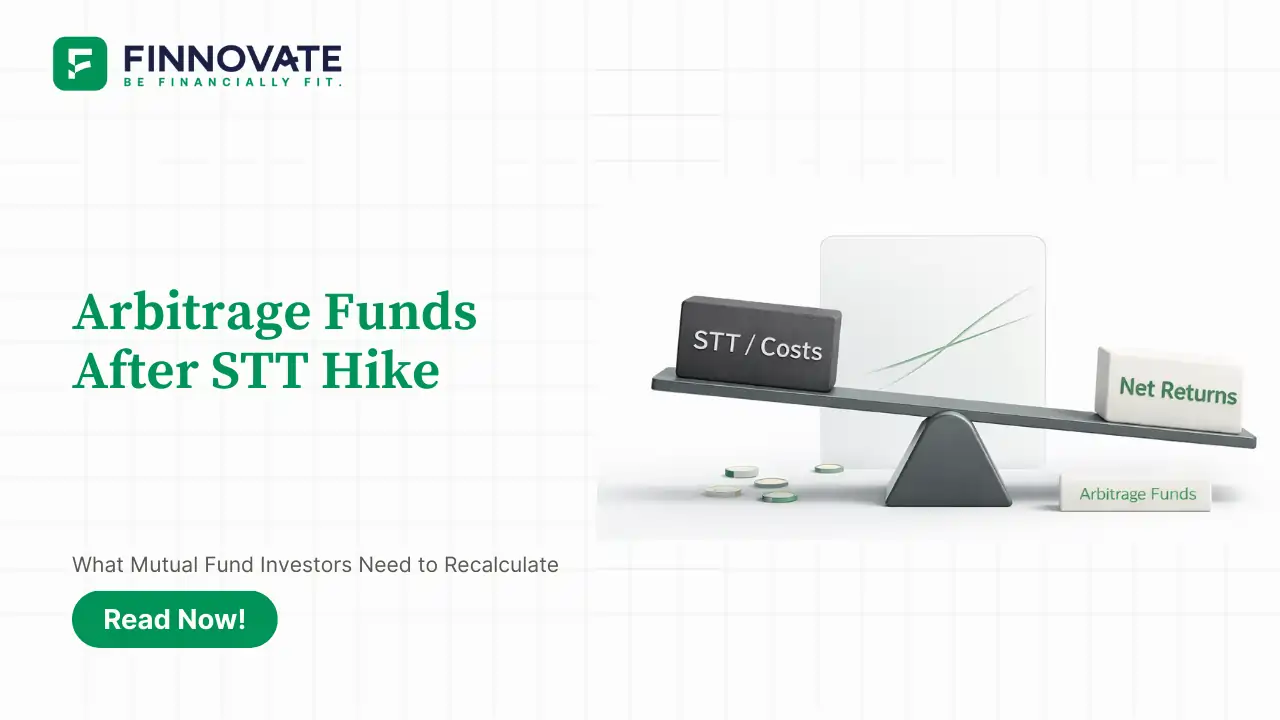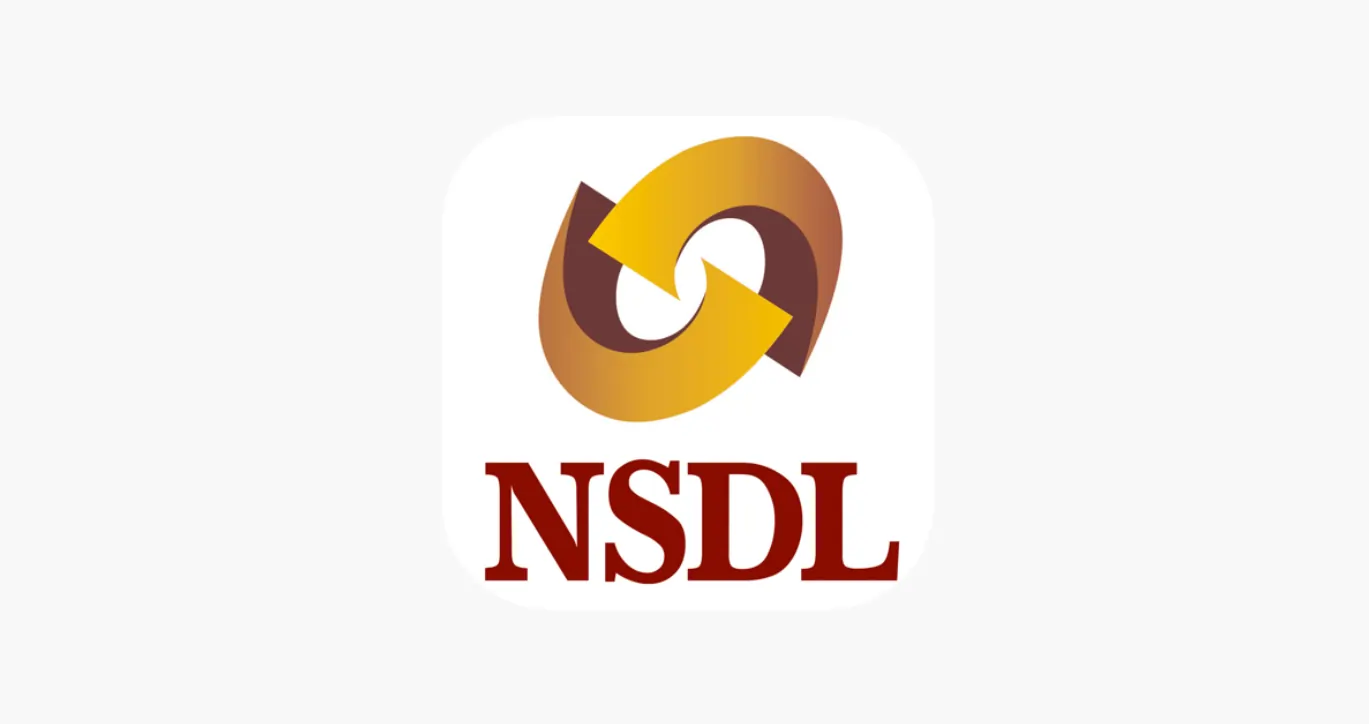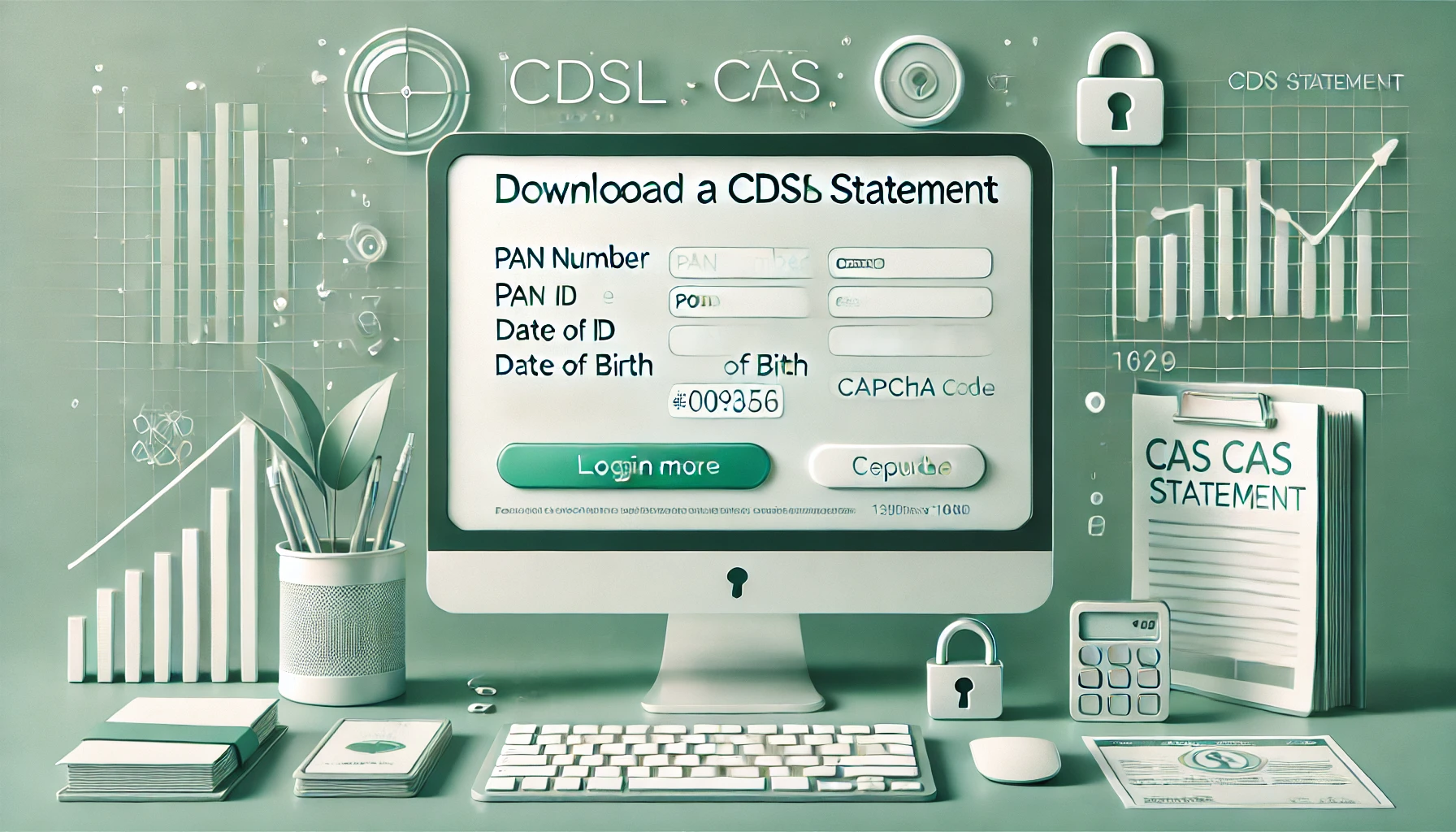
Arbitrage Funds After Budget 2026 STT Hike: What Changes and What You Should Do
Budget 2026 raised futures STT. Arbitrage fund returns may dip and move closer to liquid f...
HOW DOES WILL AND GIFT COMPARE?
A Will or a Testament is a valid legal document that outlines
the distribution of the assets of an individual to various recipients in
granular detail. You can will to your spouse, children, relatives or even to
any charitable trust. The normal practice is to appoint an executor for the
Will, who is responsible to ensure that the instructions in the will are implemented
in letter and spirit. A Will can be changed by the testator (when alive) any
number of times. Will is effective only on the death of the testator.
A Gift Deed is a legal document wherein the transfer of
assets happens during the lifetime of the testator itself. The movable and
immovable assets of the person can be gifted to legal heirs, relatives or even to
charitable causes. There are two ways in which the gift differs from a Will.
Unlike a Will, the Gift Deed is effective immediately on execution. In contrast
the Will comes into force only on death of the testator. Secondly, gift deed
cannot be revoked, except under some special circumstances, where the gift is
conditional and the recipient has defaulted on his side of the deal.
It is not mandatory to register the Will or the Gift Deed. However, to avoid any legal problems in the future, it is best to get such deeds registered.
How are Will and Gift Deed important?
There are several reasons for people to evaluate Will and
Gift deeds when they are still fit and healthy. The chart below captures their
importance.
The first graphic highlights the importance of a Will
The graphic below highlights the importance of Gift Deed.
Before getting into how the Will differs from the Gift Deed, suffice to say that both methods are acceptable. The testator can decide on the mode of transfer of assets (either Will or Gift).
How does Will differ from Gift Deed?
Here is how Gift Deed differs from the Will on some key
parameters.
a.
The most important difference lies in the date on which it
becomes effective. While a Will is only effective on the death of the testator,
the gift deed is effective immediately on registration. In both cases, the
registration of the Will or the Gift Deed is not mandatory, but it is advisable
to avoid future legal hassles and also in the case of gift to claim the
appropriate tax benefits.
b.
The second is the issue of revocation. A Will can be revoked
at any time during the life of the testator, but nobody else can revoke the
will. There is no revocation in the case of gift, except in special cases where
the recipient of the gift did not meet conditions imposed.
c.
What about tax implications? The Will, by itself, does not
have any tax implication. The assets actually move to the recipients only on
the death of the testator. However, in the case of Gift, there is clubbing and,
also, the profits made on sale would be taxed in the hands of the recipient.
Only personal effects are excluded from the ambit of capital gains tax.
d.
The Will can specify the share of each recipient. It can be
given proportionately to the heirs or even to a charity of their choice. In a
gift deed, the transfer of property happens during the lifetime of the person.
e. In Will, there is a legal process after the death of the testator. The process is called probate and it ensures the validity of the will and the onus is on the executor of the will to ensure its implementation. The only legal process is the execution and registration of the gift deed in a gift.
Some of the downside risks of Will and Gift Deed
Here are some common pitfalls in Will and in a gift deed.
·
One risk in a will is that the probate process can be quite
elaborate. Also, the will is part of public record during the probate and hence
privacy becomes an issue. Wills are open to disputes and quite often legal
hassles can go on for a long period, before the heirs can enjoy the benefits of
the Will.
· In a gift, there is loss of control since it is irrevocable, and we have seen several cases in the recent past. Also, gift has tax implications for the donor and the donee.
Having said that, the choice of Will versus Gift is a
personal choice that must be made after seeking legal advice only!
Popular now

Learn how to easily download your NSDL CAS Statement in PDF format with our step-by-step g...

Explore what Specialised Investment Funds (SIFs) are, their benefits, taxation, minimum in...

Learn How to Download Your CDSL CAS Statement with our step-by-step guide. Easy instructio...

Looking for the best financial freedom books? Here’s a handpicked 2026 reading list with...